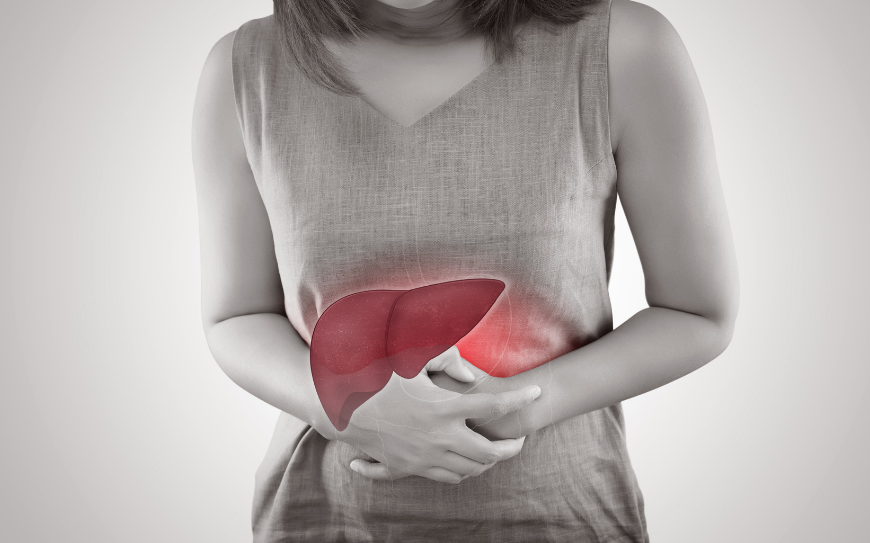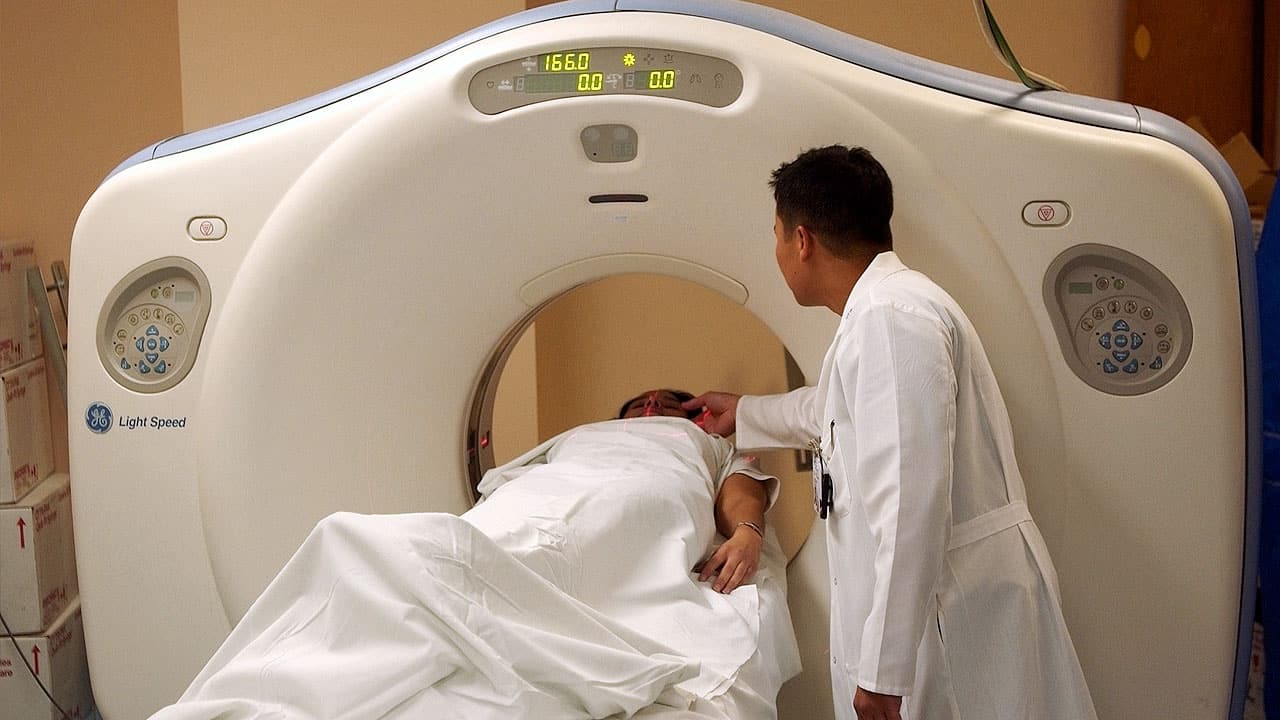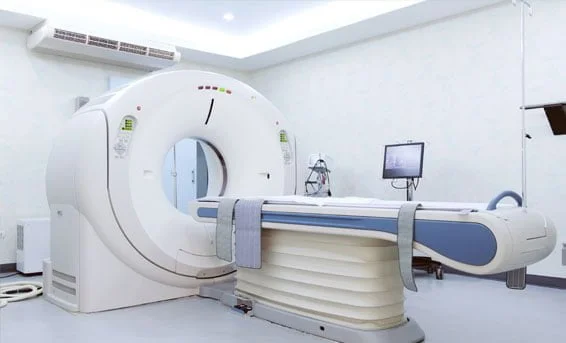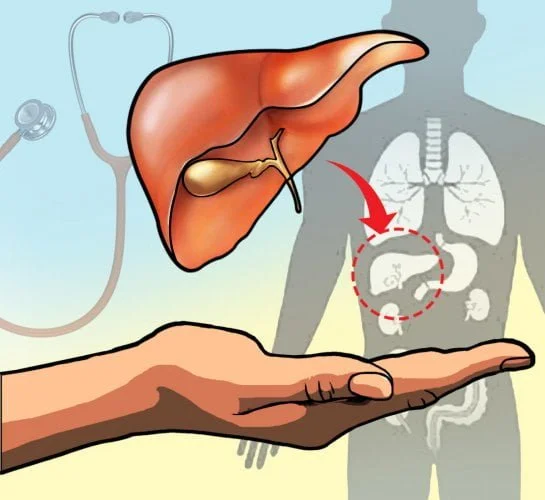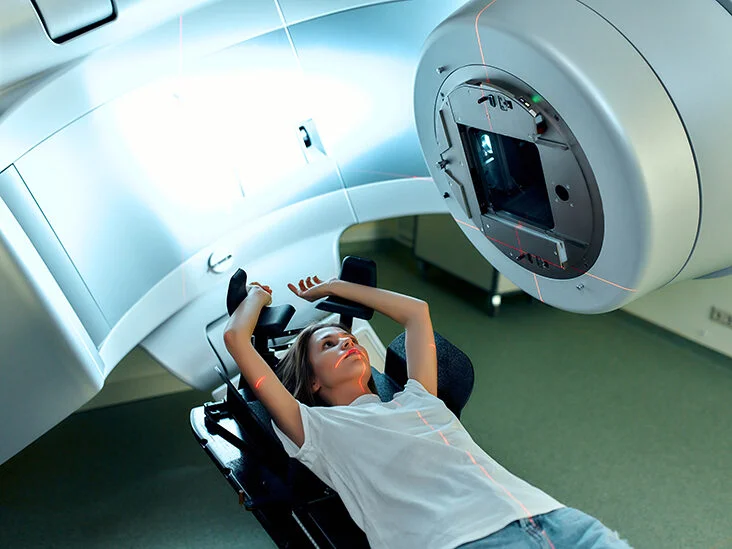India is a vast country with diverse geographical regions, and the availability of diagnostic facilities varies significantly across different regions. While some urban areas have state-of-the-art diagnostic centers equipped with advanced technologies, many rural areas lack even basic diagnostic facilities.
In metropolitan cities like Mumbai, Delhi, Kolkata, and Chennai, there are numerous private diagnostic centers and hospitals that offer a wide range of diagnostic tests such as CT scan, MRI, ultrasound, blood tests, and x-rays. These diagnostic centers employ highly qualified medical professionals who provide accurate and reliable results in a timely manner. In addition to private diagnostic centers, government-run hospitals also provide diagnostic services at affordable rates.
However, the scenario is entirely different in remote and rural areas of India. The lack of proper infrastructure, inadequate funding, and shortage of trained healthcare professionals make it challenging to establish diagnostic facilities in these regions. Many people living in these areas have to travel long distances to access diagnostic facilities, which often leads to delays in diagnosis and treatment.



